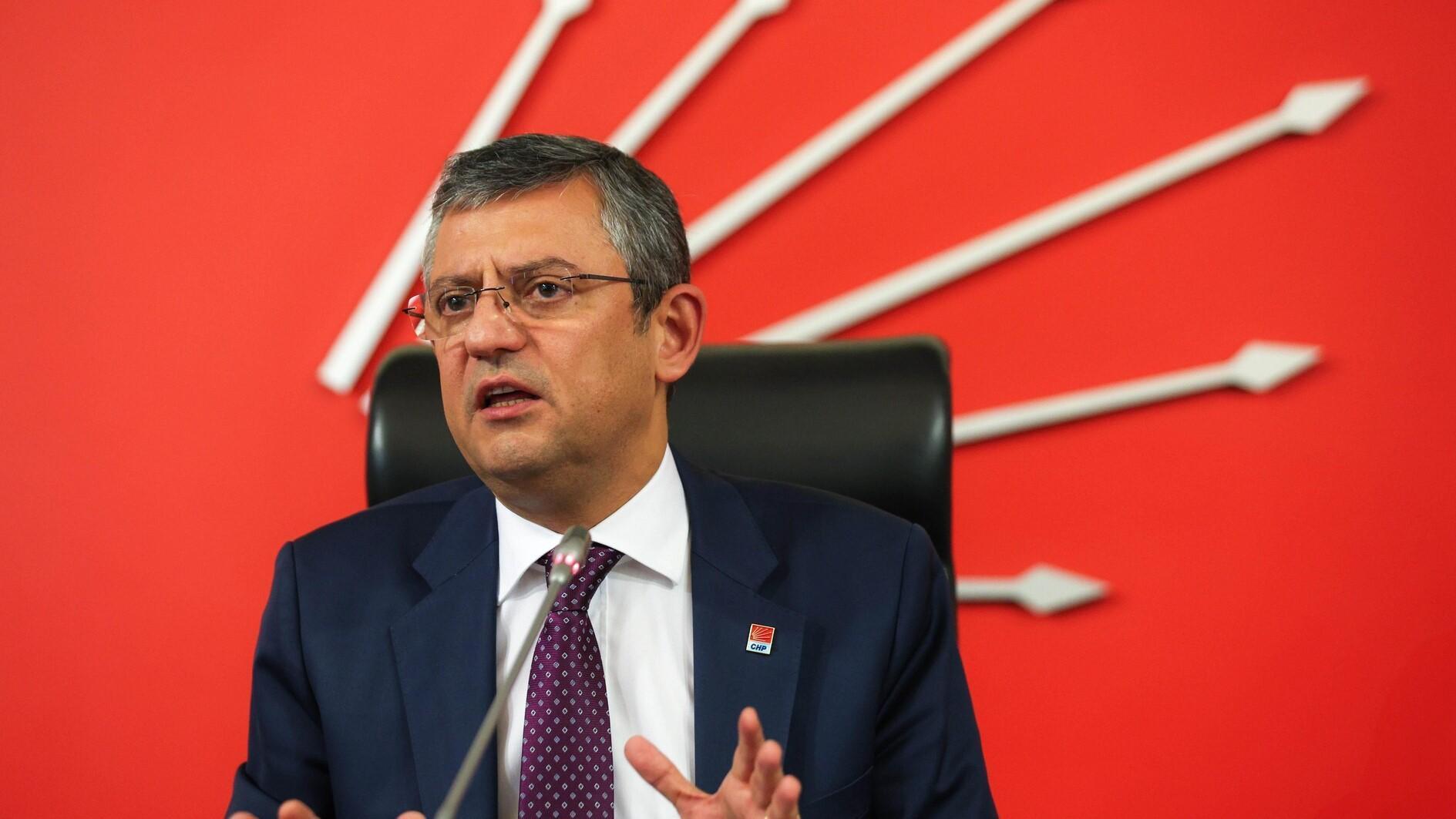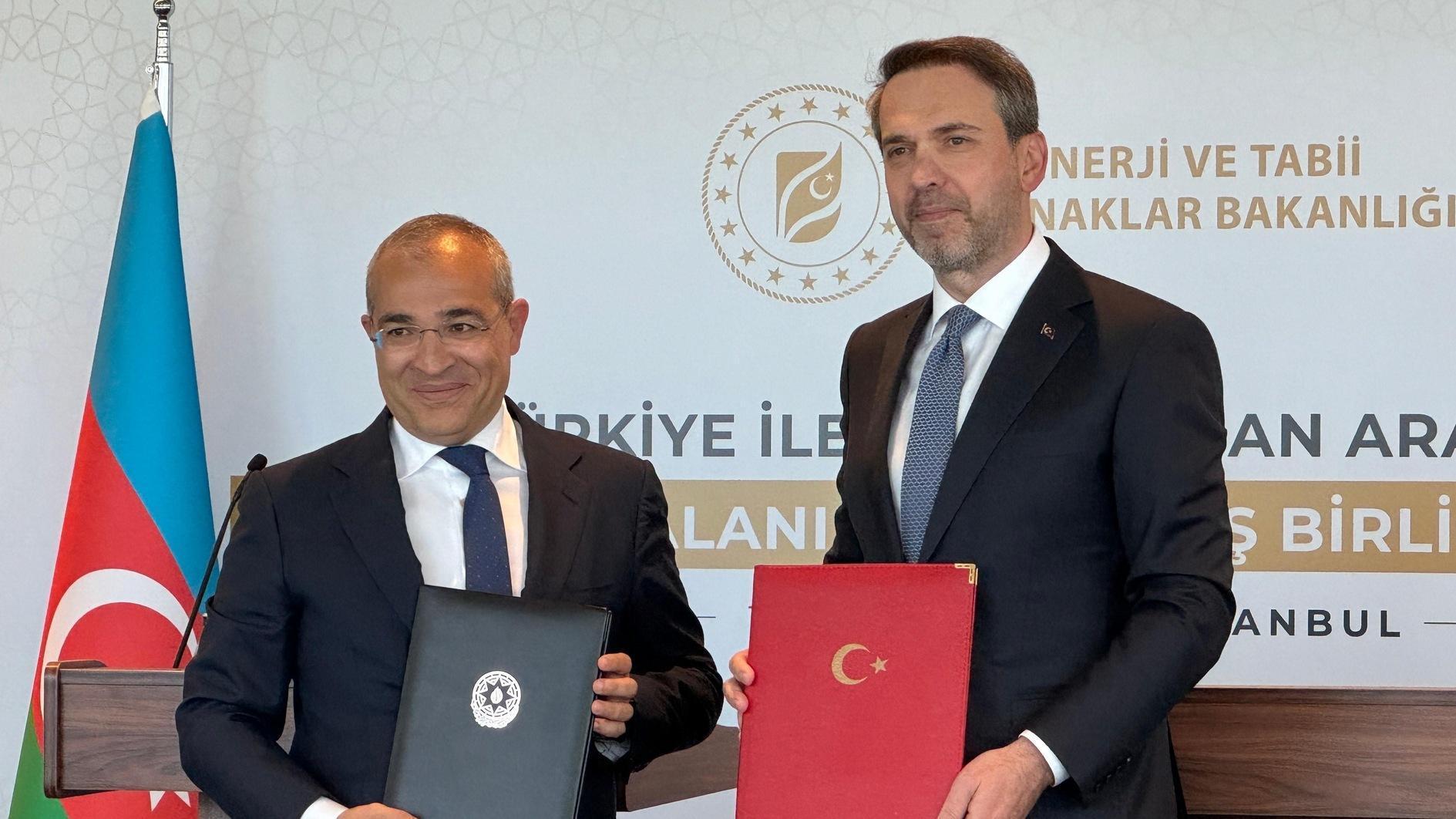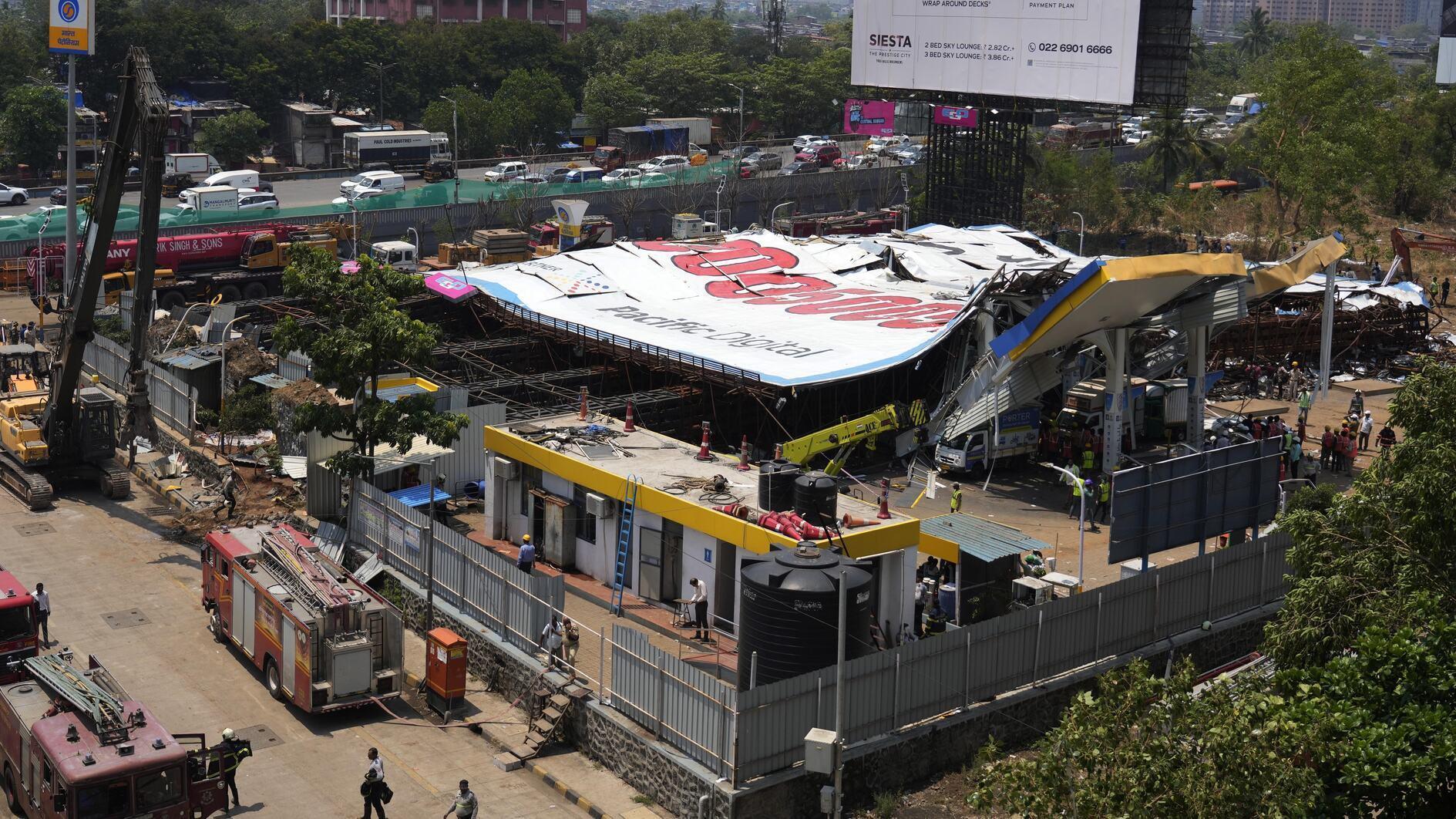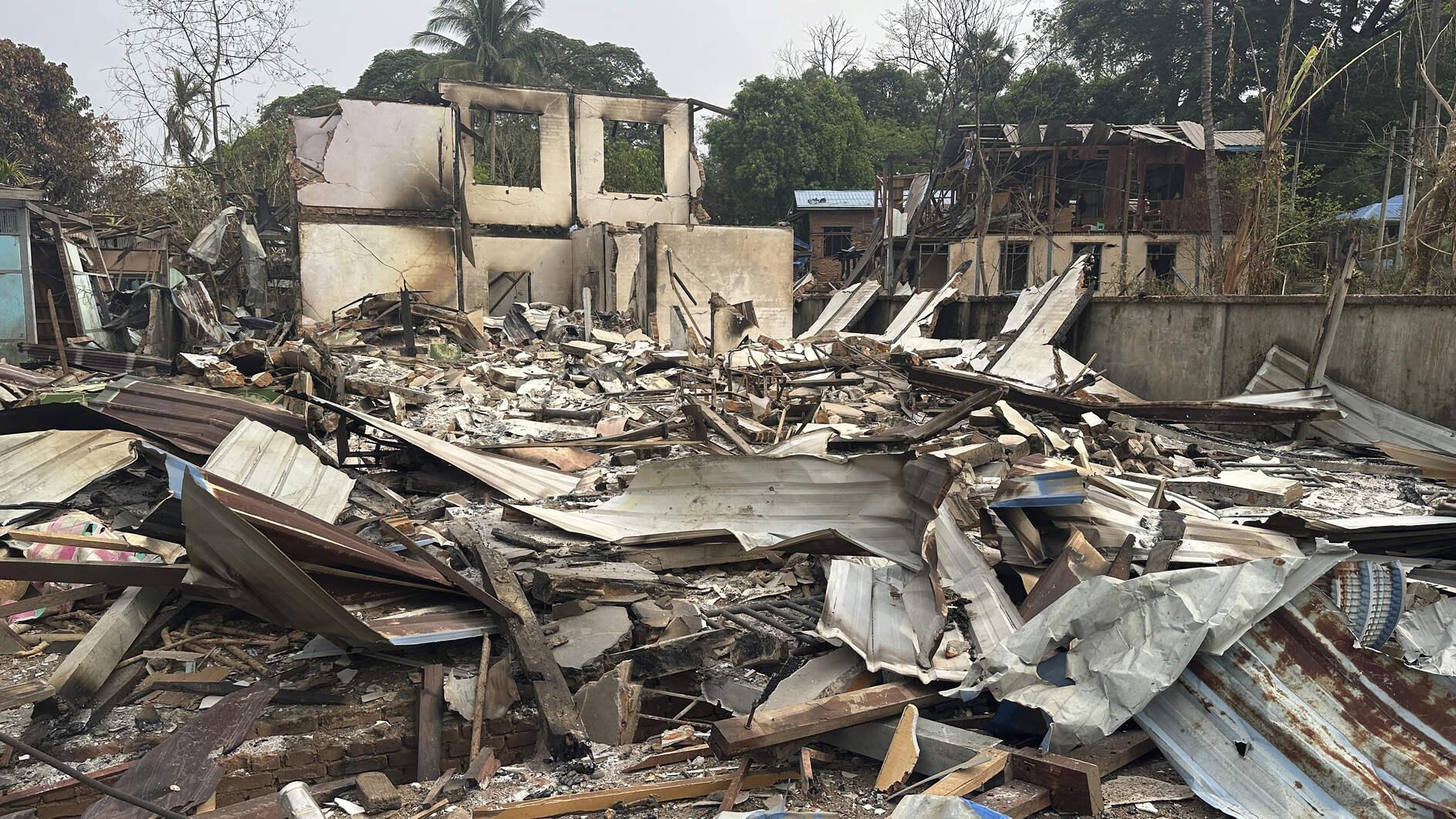F-type non-Turkish diplomats
Over the course of the past year I had several opportunities to go to Brussels for different occasions. Each time I made sure to make a stopover in NATO headquarters to speak with Alliance officials.
In one such visit I was walking in NATO corridors accompanied by a member of the Turkish delegation. As the Turkish diplomat kept greeting his colleagues with “hi” and “bonjour,” at one stage he said “hello” in Turkish. They were from the Albanian delegation. “When did the Albanians start speaking Turkish?” I asked. “They are the F-type” was the reply I got.
It took me a few seconds to understand they were graduates of Fethullah Gülen schools. “Look at how time passes quickly,” I told myself.
The first time I ever came across the phenomenon of Gülen schools was in the first half of the 1990s when they had started mushrooming in the newly independent states of the former Soviet Union. There was a sense of mystery to those schools. I spoke several times with many Turkish diplomats who served in Central Asian republics, for instance, and asked for their views about these schools. “There is nothing that seems to be against the interests of Turkey. But it is a bit too good to be true,” was usually the answer I got.
So children that started going to these schools those years are now in the early stages of their professional careers.
Just as I was recalling the anecdote in the NATO headquarters, I thought for a minute whether writing it would create unease with the Turkish and Albanian delegations in Brussels. Then I recalled the fact that there are many Turkish diplomats who have graduated from American, British or French schools. They never hide it. By the same token, I should not have felt any concern talking about F-type non-Turkish diplomats.
Still my sense of hesitation is not without any basis. I for instance have studied in the French school in Ankara. I never hide it. Yet you won’t hear those graduates of Gülen schools saying they are from Gülen schools, because technically there are no Gülen schools. But we know they exist.
That seems to be the gist of the issue about the Gülen movement. There is always this sense of mystery surrounding it. There has been difficulty in defining what the Gülen movement is exactly. Some say it is a brotherhood; some others have defined it as a religious movement. At any rate, looking to the analysis of experts that have been scrutinizing the latest developments that are taking place between the government, judiciary, police and National Intelligence Agency, the Gülen movement has become a force to reckon with, so much so that it can even challenge an elected government, according to analysts.
Lack of transparency will always make it susceptible to suspicion. “What are they after? What are they hiding from?”
The best thing that happened with the latest events that are described as the clash between Gülenists and the ruling party is the fact that it might start a process whereby the Gülen movement will come out of the shadows. As citizens we can hold the elected government accountable. But we are powerless against a shadowy organization that apparently is asking for a share in ruling the country.











